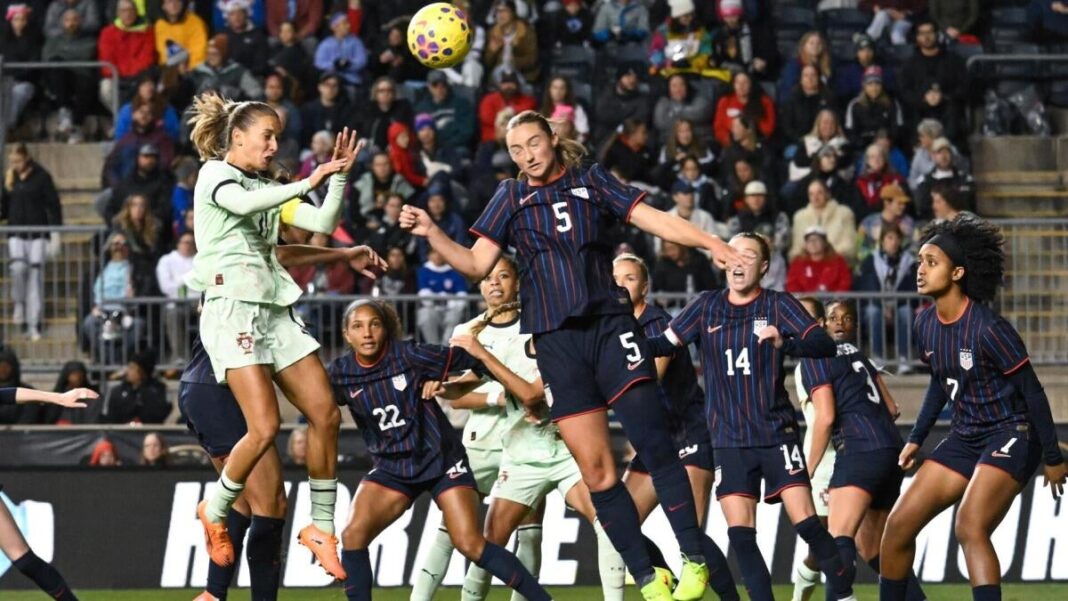The Essential Role of Veterans in U.S. Women’s Soccer
A New Era for the U-23 Program
The rejuvenation of the U-23 program within U.S. women’s soccer marks a significant step forward. With younger players now more frequently receiving call-ups to the senior national team, many might assume that veteran players are falling by the wayside. However, head coach Emma Hayes emphasizes their continuing importance in shaping the team’s future.
Experience Matters
As Hayes aptly puts it, “You can’t compete to win without experience.” This statement encapsulates the critical blend of youth and experience that is vital for success. Veterans bring an invaluable depth of knowledge, not only concerning the game itself but also regarding the nuances that remain unseen during matches.
Leadership and Humility
A standout reference for Hayes is Lindsay Heaps, whose leadership quality drives standards within the squad. Alongside teammates Emily Sonnett and Rose Lavelle, Heaps exemplifies the kind of veteran presence that fosters growth and adaptability. “Their humility, honesty, and spirit make them a joy to be around,” says Hayes. These attributes are essential for creating a team culture where everyone feels valued and inspired to excel.
One-on-One Check-Ins
During training camps, Hayes makes it a priority to schedule individual check-ins with players. These sessions are integral to the camp experience and serve as performance evaluations, but more importantly, they allow for deeper conversations. “I love those moments,” she shares, particularly because they reveal the varied perspectives that older players bring to the table.
The focus on off-field character—qualities that fans might overlook—holds just as much significance as performance metrics. Hayes believes it is crucial to highlight these traits, as they contribute to the resilience and cohesion of the team.
Bridging Generational Gaps
Throughout the training camps, connecting younger players with veterans is another essential strategy. Hayes emphasizes the importance of mentorship, encouraging rising stars like Claire Hutton and Jordyn Bugg to spend time with seasoned players. By fostering these connections, younger athletes can gain insight into the journey and experiences of established players, enriching their understanding of the game and the demands that come with it.
Gratitude and Legacy
There’s a sense of gratitude present in these conversations. Veterans appreciate the opportunity to share their wisdom and offer guidance, while younger players learn to recognize the value of their predecessors. “They don’t take it for granted,” Hayes insists, underscoring the reciprocal nature of this dynamic.
By encouraging younger players to seek out mentorship from veterans like Emily Sonnett, Hayes aims to create an environment where individual success translates to collective achievement.
The Future Landscape
As U.S. women’s soccer moves forward with its ambitious goals, it becomes clear that the blend of veteran influence and youthful energy will be pivotal in sculpting the next chapter. The lessons learned from experienced players, combined with the zeal of newcomers, will create a dynamic and competitive team poised to tackle the challenges ahead.
Emma Hayes’s commitment to maintaining this balance underscores her vision for a national team that embodies strength, resilience, and unity—both on and off the field.



